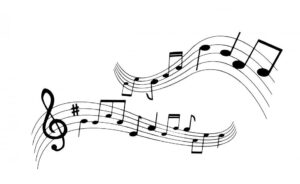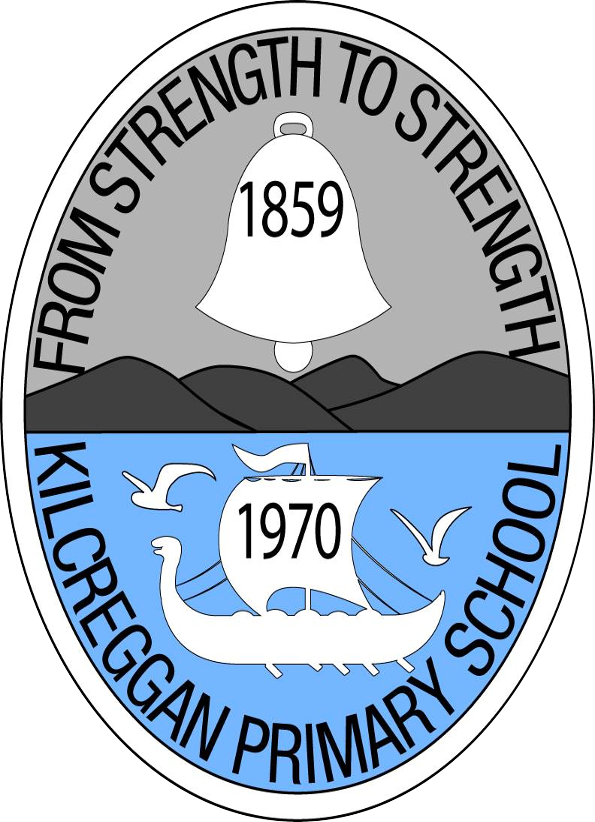
At Kilcreggan Primary School, we use music therapy to help support and improve pupils physical, emotional, cognitive, and social wellbeing.
The benefits of music therapy can vary depending on the individuals needs. These can include:
Improved emotional expression: Music provides a medium for individuals to express their emotions in a non-verbal way. This can be particularly beneficial for those who find it challenging to communicate their feelings verbally.
Reduce stress: Listening to or creating music can have a calming effect, reducing stress and anxiety levels. Slow tempo and rhythmic patterns can promote relaxation and help regulate emotions.
Cognitive Enhancement: Engaging with music can stimulate cognitive functions such as memory, attention, and problem-solving skills. This is particularly valuable for individuals with cognitive impairments or neurodevelopmental disorders.
Improve motor skills: Rhythmic auditory stimulation in music therapy can be used to improve motor skills and coordination in individuals.
Improve social skills: Group music therapy sessions can enhance social skills and promote a sense of community. Music provides a shared experience and a platform for communication and interaction.
Communication development: Music therapy can provide an alternative means of expression. It can also support speech and language development in children.
Improve moods: Music has the power to influence and regulate mood. It can be used to uplift spirits, provide comfort, or create a positive atmosphere.
